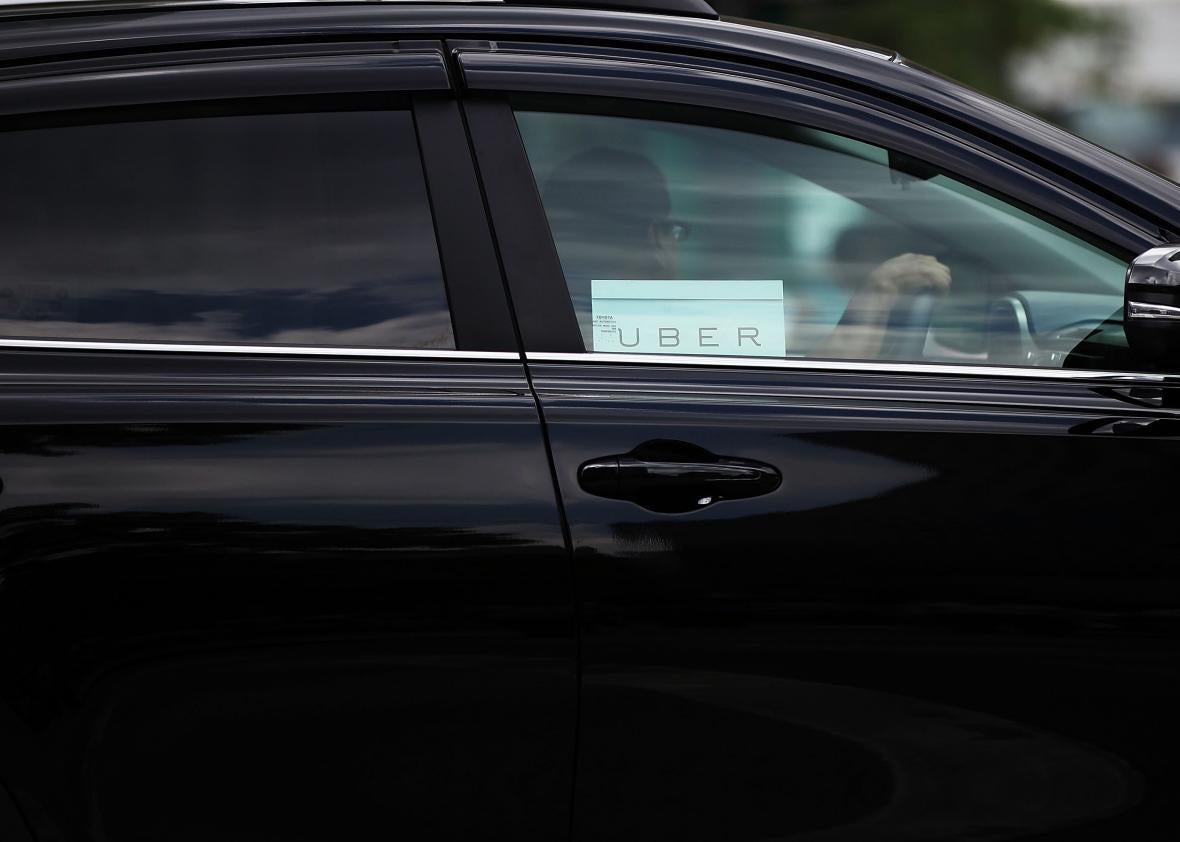This post originally appeared on Business Insider.
Uber just launched a brand new standalone app, and it has nothing to do with hailing a ride in a black car.
UberEATS, the Uber-branded food delivery service it’s been testing inside its own app for the better part of the past 18 months, is now a standalone app available in Toronto, Wired reported Wednesday.
And it sounds like it could be a serious threat to similar apps like Grubhub and Seamless.
For context, Uber launched UberEATS in Los Angeles last year and has since expanded those services to New York City, Toronto, Austin, Chicago, and Barcelona.
In each of its participating cities, Uber partners with a couple restaurants each day to offer meals to its customers, which the company delivers via courier within just a few minutes. Just like when you’re waiting for your Uber to roll up, you can track your food’s progress on your smartphone as it travels to you.
Uber told Wired it launched UberEATS in Toronton because the in-app UberEATS was already popular there, and the operations team in the city is strong. Consider Toronto a test market before Uber expands UberEATS to other markets.
Starting earlier this year, Uber began to emphasize food delivery just as much as its regular ride-hailing services.
In a new app update the company rolled out in August, users were shown two options at the top that they could toggle back and forth between: a car-hailing option, which encompasses UberT, UberX, UberBLACK, UberPool, and, interestingly, UberRush, along with a food delivery option.
Uber’s emphasis on food delivery not only marks food delivery as Uber’s second major category, analysts at Cowen said in a note in August, but it could also pose a huge challenge to food delivery stalwart GrubHub Seamless, the company which owns two of the most popular food-delivery apps.
UberEATS is only available in a handful of cities right now, Cowen’s analysts say, though they expect UberEATS will become a major part of Uber’s services. UberEATS could take advantage of GrubHub Seamlesss’s slowing growth. Not to mention that UberEATS offers a lot of features that both the Grubhub and the Seamless app sorely lack.
Earlier this year, Seamless redesigned its mobile app, which led to some users’ order histories and favorite restaurants getting deleted. Anecdotally, the experience of using the app is worse. I still use Seamless, but begrudgingly.
But unsavory user experience aside, Uber could offer a superior experience for a couple different reasons: It shows you exactly how far away your food is, and it works on the promise of on-demand speed, which Uber is now famous for.
You could argue that food delivery startups are a bad move because it’s a crowded space. You have services like Blue Apron, Plated, and HelloFresh, and then you have a whole category of on-demand or plan-ahead meal delivery startups like Munchery, Caviar, Maple, Tapingo, and DoorDash. But unlike the onslaught of food delivery startups, Uber already has a reputation for immediacy, which could give it a leg up.
In Q4 2014, GrubHub’s order growth was at 33 percent; by Q2 2015, this slowed to 25 percent. Cowen’s analysts say that UberEATS—along with a bunch of competitors in the food delivery startup space—could capture 50 percent of the food delivery industry’s growth in the 2015 fiscal year. This year alone, food delivery startups (not counting Uber) have raised a collective $500 million.
Uber appears to be spinning off its food delivery service into a standalone app. Perhaps the next move is for the company to begin to silo each service it creates in separate apps, testing them first within Uber’s main app to see how they perform. If this sounds similar, it’s because it’s not unlike what Facebook has done with Messenger, Wired notes.
In the future, Uber could expand to other verticals beyond food delivery. UberRUSH, its courier service, remains contained within the Uber app for the time being, for example. Spinning out UberRUSH would let Uber dive headfirst into logistics, allowing it to take on companies like Postmates and Shyp, and bigger guys like FedEx and UPS.
See also: Welcome to Purgatory, Yahoo
